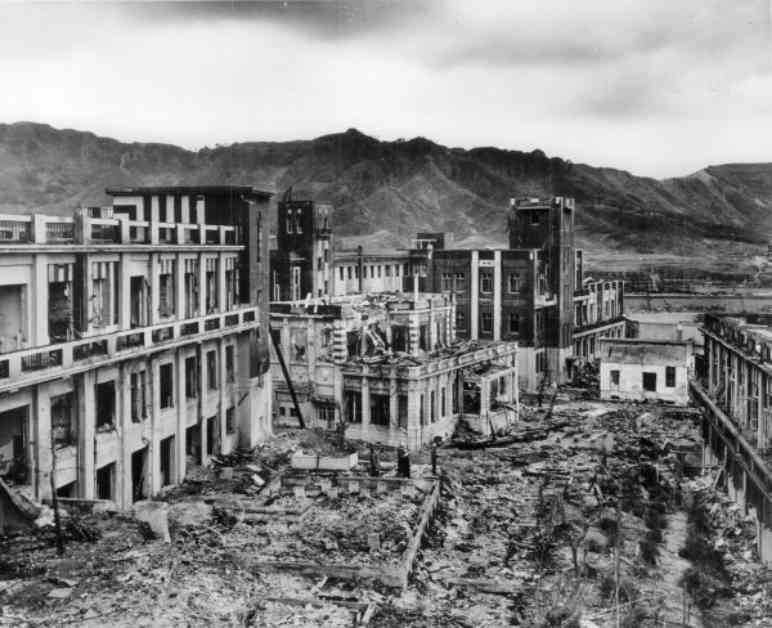Archbishop John C. Wester of Santa Fe, New Mexico, recently embarked on a meaningful journey to Japan, marking the 79th anniversary of the devastating atomic bombings of Hiroshima and Nagasaki during World War II. The pilgrimage, aimed at promoting peace and remembrance, was announced by the Santa Fe Archdiocese on August 3.
The bombings, carried out by the U.S. on August 6 and 9, 1945, resulted in the tragic loss of an estimated 110,000 to 210,000 lives. The true toll of the attacks remains difficult to ascertain, as noted by nuclear weapons historian Alex Wellerstein.
During his pilgrimage, Archbishop Wester engaged in discussions with various individuals, including Japanese and Korean bishops, civic and religious leaders, and survivors of the bombings known as “hibakusha.” This visit, as highlighted by the Santa Fe Archdiocese, aimed to encourage dialogue and solidarity in the global mission to eradicate nuclear weapons.
In a recent interview with OSV News, Archbishop Wester reflected on the current state of nuclear affairs and the importance of preserving the memories of those affected by the bombings. Expressing concern over the potential for the horrors of 1945 to be forgotten, he emphasized the critical role of educating future generations about the catastrophic consequences of nuclear weapons.
Archbishop Wester underscored the need for today’s youth to engage with the stories of the hibakusha and grasp the gravity of nuclear threats. Drawing parallels to historical events like the Cuban missile crisis, he stressed the significance of storytelling in conveying the human impact of nuclear warfare.
Addressing the challenges of achieving a world free of nuclear weapons, Archbishop Wester emphasized the importance of mobilizing public support and urging leaders to take decisive action. He called for widespread advocacy for the Treaty on the Prohibition of Nuclear Weapons, highlighting the Vatican’s initial endorsement of the treaty.
As the Catholic Church advocates for a pro-life stance, Archbishop Wester urged a unified effort to prioritize nuclear disarmament and align with Pope Francis’s condemnation of nuclear weaponry. By fostering prayer, education, and advocacy within the church community, Archbishop Wester emphasized the collective responsibility to work towards a safer, nuclear-free world.
In conclusion, Archbishop Wester’s pilgrimage serves as a poignant reminder of the enduring impact of nuclear weapons and the urgent need for global cooperation in preventing further devastation. Through remembrance, education, and advocacy, we can strive towards a future where the threat of nuclear warfare is but a distant memory.

